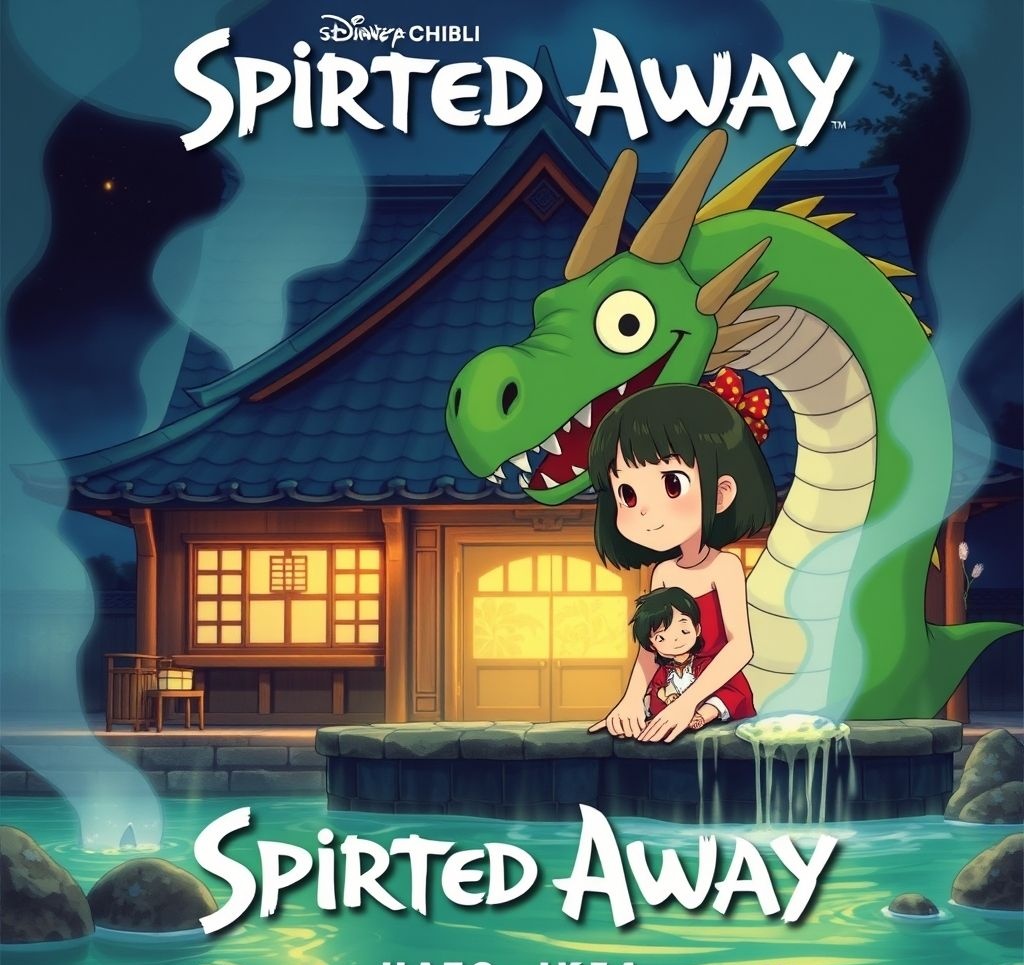Themes and Analysis
Connection Across Time and Space
At its core, "Your Name" explores the concept of connection that transcends physical and temporal boundaries. The Japanese word "musubi," mentioned several times throughout the film, encapsulates this idea. As Mitsuha's grandmother explains, musubi is the tying together of threads, the linking of people, and the flow of time itself. This concept manifests most literally in the braided cord that Mitsuha gives to Taki, which becomes both a physical token of their connection and a metaphorical representation of the timeline-crossing bond they share.
The body-swapping phenomenon initially serves as a comedic device but gradually reveals itself as a profound illustration of this theme—two souls literally experiencing life from each other's perspective, developing empathy and connection despite never physically meeting. When Taki drinks the kuchikamizake (Mitsuha's sake) in the shrine, the film suggests that the most intimate form of connection comes from taking part of another person into yourself.
Even when their memories begin to fade, the feeling of connection persists, driving Taki's search for Itomori and Mitsuha's determination to save her town. This persistence suggests that certain bonds exist at a level deeper than conscious memory—perhaps, as the film hints, at the level of the soul itself.
Tradition and Modernity in Contemporary Japan
The contrast between Mitsuha's rural Itomori and Taki's urban Tokyo allows "Your Name" to examine the tension between traditional and modern Japan. Itomori represents fading traditions, with its Shinto rituals, close community bonds, and slower pace of life. Tokyo embodies contemporary Japan—technologically advanced, rapidly changing, and individualistic.
Mitsuha yearns to escape the constraints and expectations of her traditional life, famously crying out "Make me a handsome Tokyo boy in my next life!" Meanwhile, when experiencing Mitsuha's life in Itomori, Taki discovers a connectedness to nature, community, and tradition that his Tokyo existence lacks. Through their experiences in each other's lives, both come to appreciate what the other has taken for granted.
The film doesn't present this as a simple dichotomy where tradition is inherently better than modernity or vice versa. Instead, it suggests that something valuable can be lost in rapid modernization—the comet's destruction of Itomori symbolically represents this loss—while acknowledging that traditions must evolve to remain relevant. The film's conclusion, set entirely in modern Tokyo but with the spiritual connection from Itomori intact, implies that balance is possible.
Memory, Identity, and Continuity
"Your Name" deeply explores how memory shapes identity and provides continuity of self. When Mitsuha and Taki begin to forget each other as their body-swapping ends, they experience a profound sense of loss without understanding what they're missing. Taki describes it as "like I've lost something very important...a person? No...someone I never should have forgotten."
This amnesia creates an existential crisis for both characters—they retain their base personalities but lose the growth and connection that came from their shared experiences. The film posits a profound question: if memories that fundamentally shaped you disappear, are you still the same person? When Mitsuha and Taki meet on the staircase at the end, they recognize something familiar in each other despite having lost their explicit memories, suggesting that transformative experiences leave imprints beyond conscious recall.
This theme extends to the broader cultural level through Itomori's traditions, which Mitsuha's grandmother describes as "the braided cords that connect to the flow of time." The rituals they practice are forms of cultural memory, maintaining continuity with previous generations. When Mitsuha saves the town, she preserves not just lives but this continuity of memory and tradition.
Natural Disaster and Collective Trauma
Released just five years after the devastating 2011 Tohoku earthquake and tsunami, "Your Name" inevitably evokes this national trauma for Japanese audiences. The comet's destruction of Itomori—with its sudden impact, the lake water flowing downhill to destroy the town, and the images of debris and lost lives—visually and emotionally recalls the tsunami footage that shocked the world.
Through its fantasy premise, the film offers a form of wish fulfillment impossible in reality: the chance to go back in time and prevent disaster. This aspect gives "Your Name" a cathartic quality for Japanese viewers still processing collective trauma. When Mitsuha and her friends successfully evacuate the town, the film doesn't deny the disaster (the comet still strikes) but suggests that preparation and community action can mitigate its worst effects—a message of hope and resilience.
Significantly, the film shows how disaster can fade from public consciousness over time. In Taki's timeline, the Itomori disaster is something he vaguely remembers hearing about, but it holds no personal significance for him until his connection with Mitsuha. This reflects how even major tragedies can become distant memories for those not directly affected—unless there's a personal connection to maintain that awareness.
Time as a Multidimensional Concept
"Your Name" presents a nuanced view of time that draws on both scientific concepts and spiritual traditions. Rather than depicting time as purely linear, the film suggests it can fold, overlap, and connect at specific points—like the "kataware-doki" twilight hour when Mitsuha and Taki finally meet face-to-face on the mountain crater.
The grandmother's explanation of musubi as "the flow of time" connects this scientific understanding with Shinto spirituality, where time is not just a physical dimension but contains elements of fate, spiritual connection, and recurring patterns. The braided cord serves as a visual metaphor for this concept—separate threads twisted together, sometimes converging, sometimes diverging, but part of the same continuous rope.
This multidimensional view of time creates the film's central narrative tension: can two people separated by years truly connect, and can knowledge from the future change a predetermined past? By answering "yes" to both questions, "Your Name" ultimately presents an optimistic view where love and determination can transcend temporal constraints.













